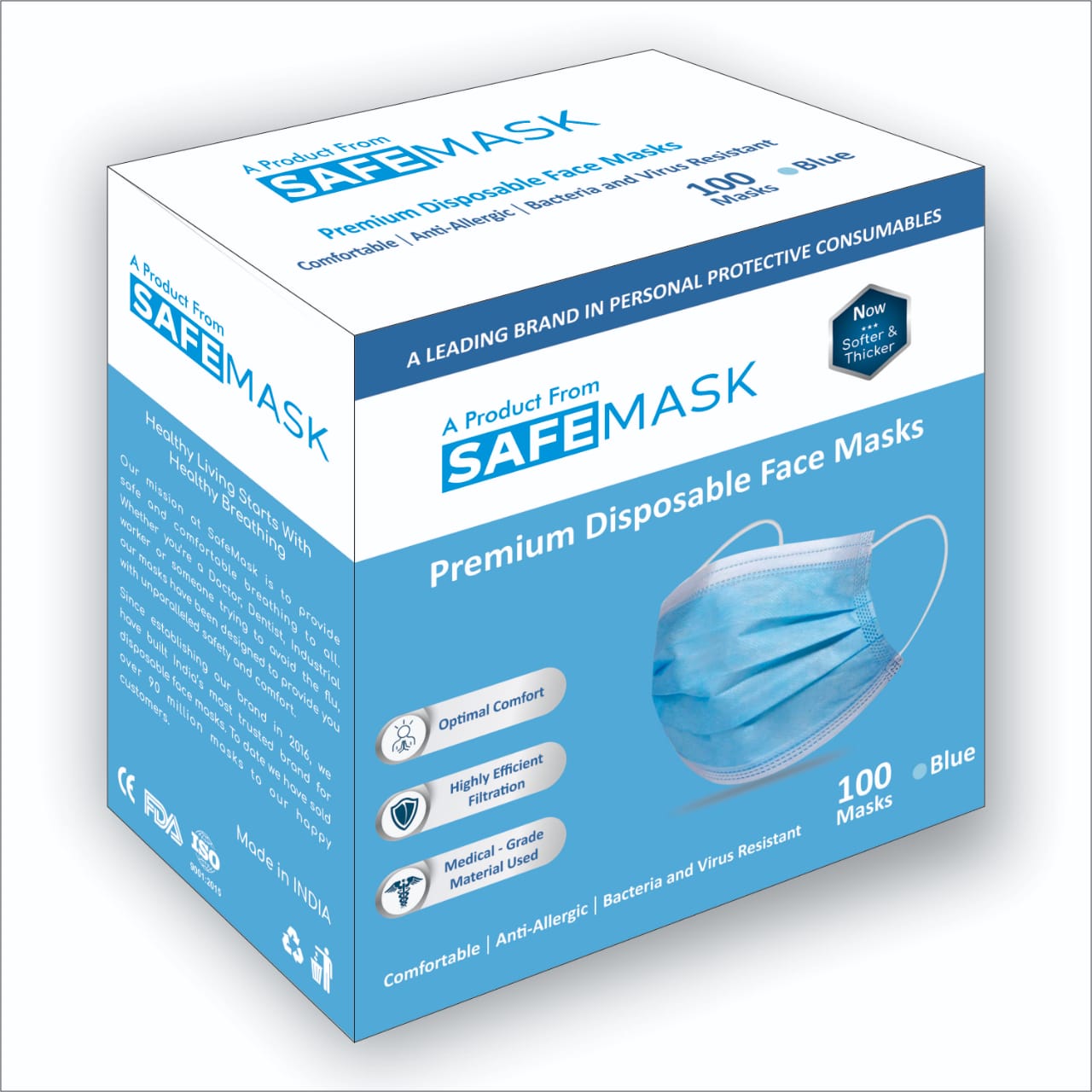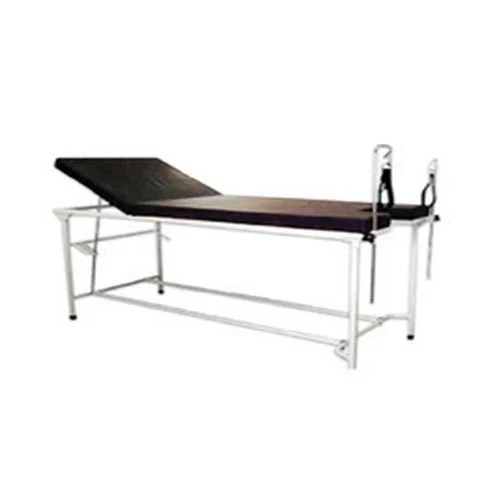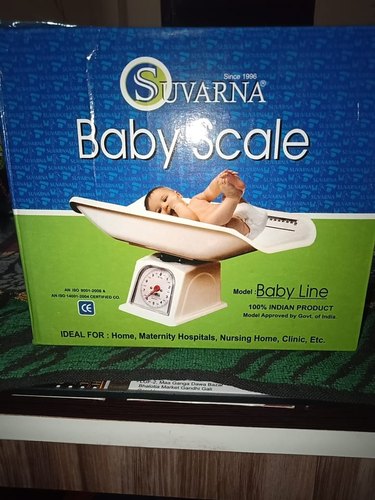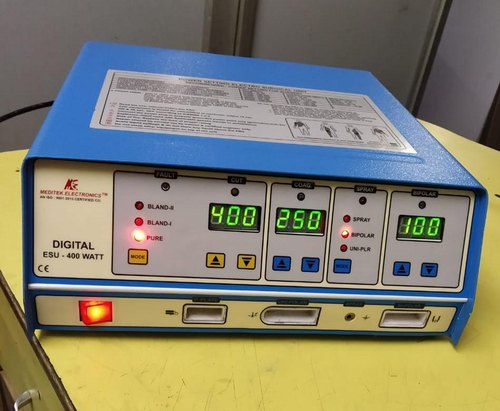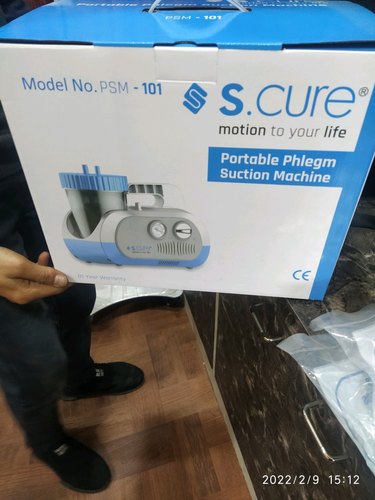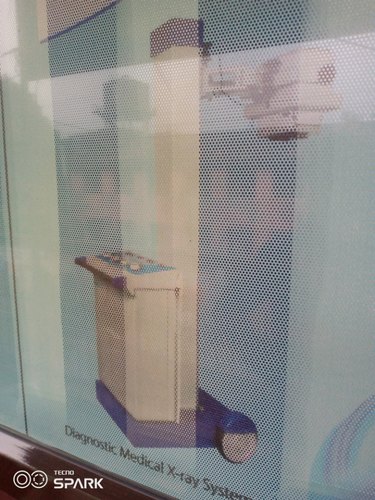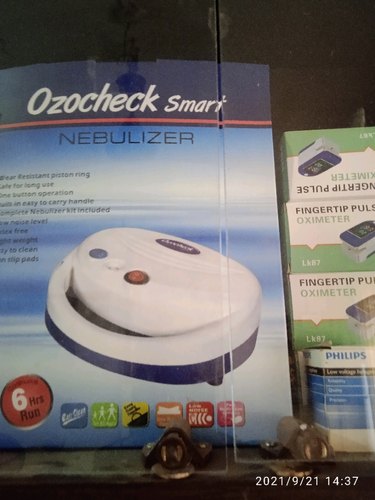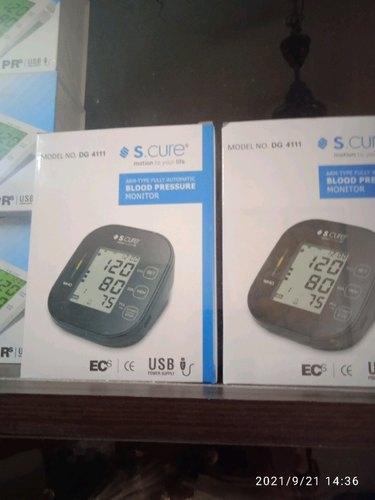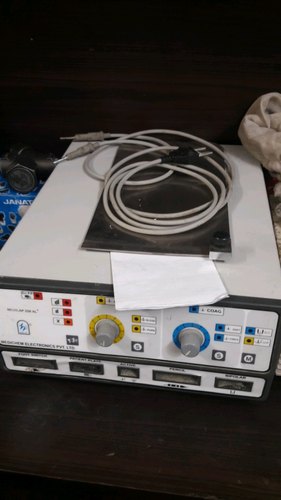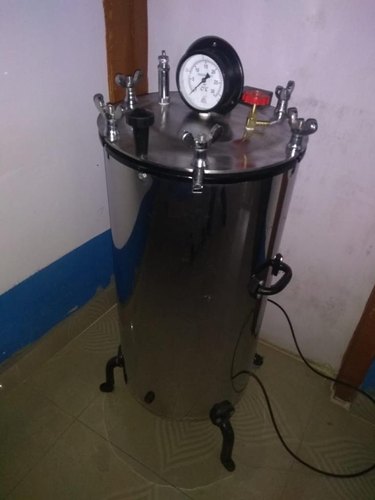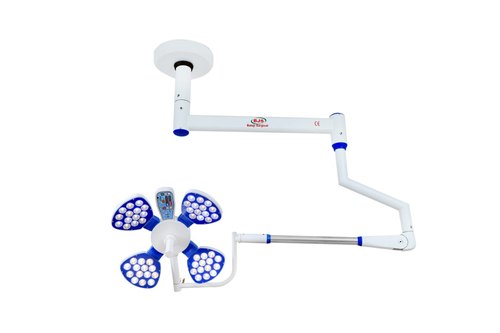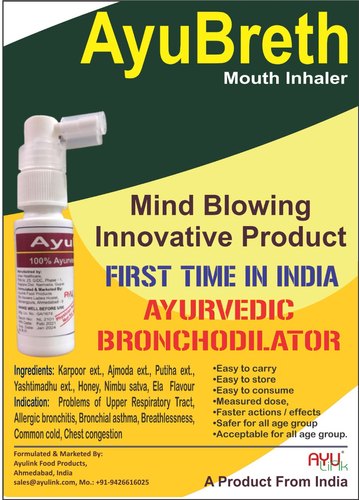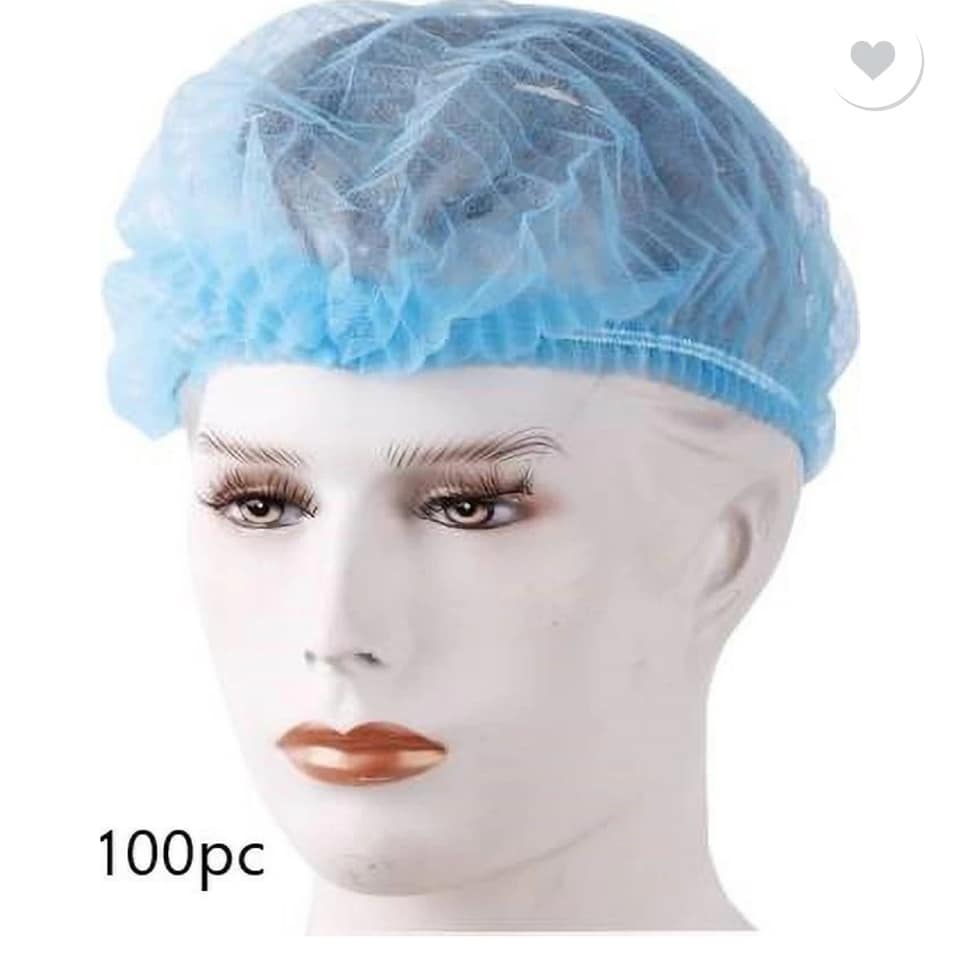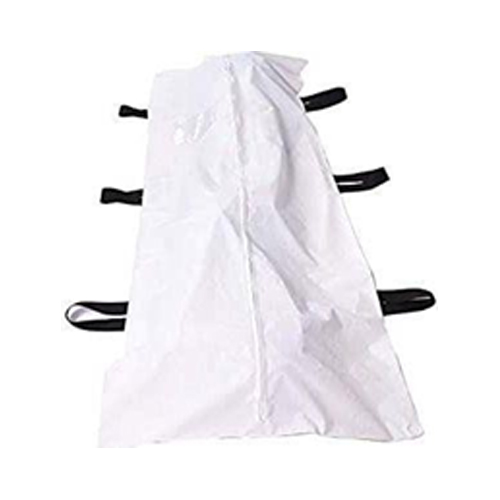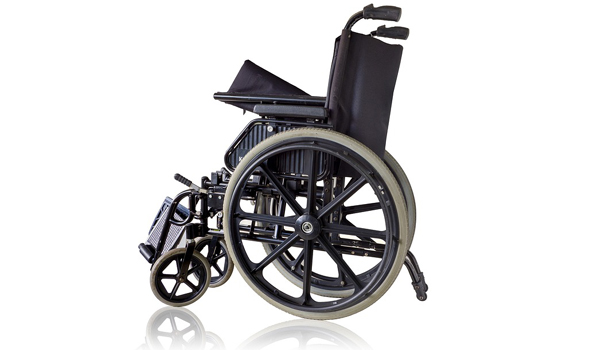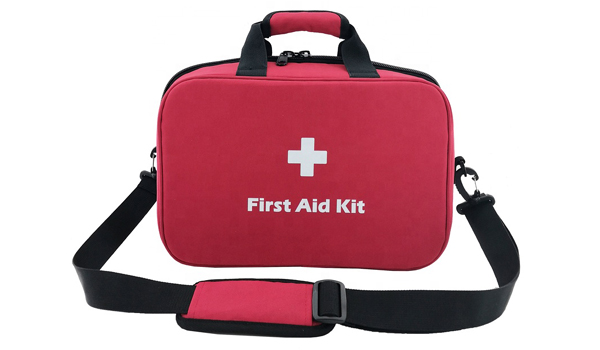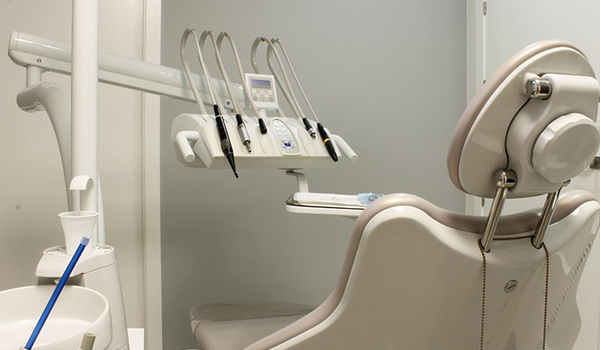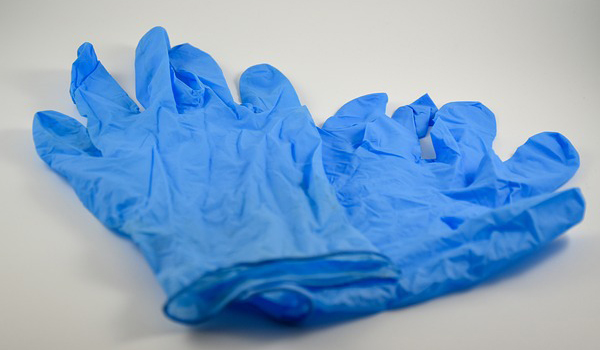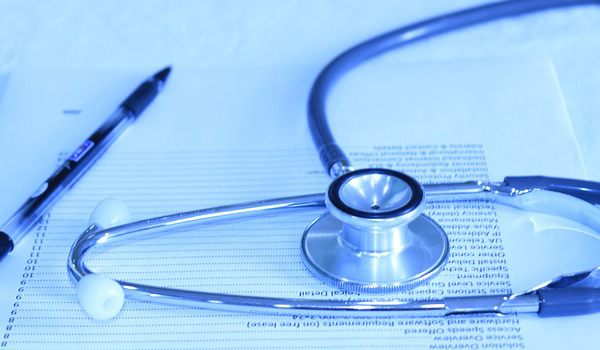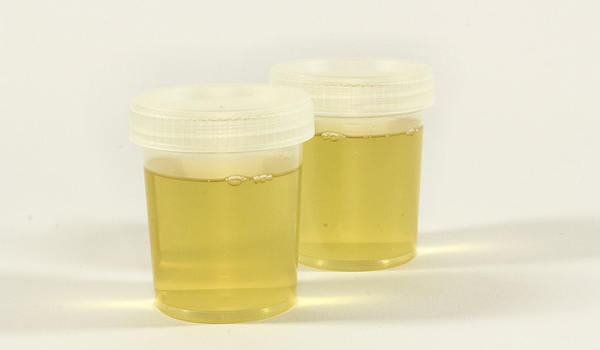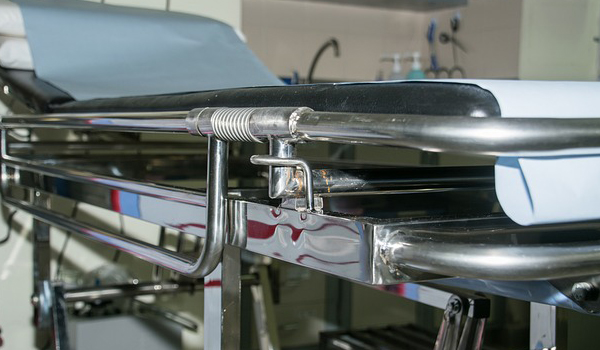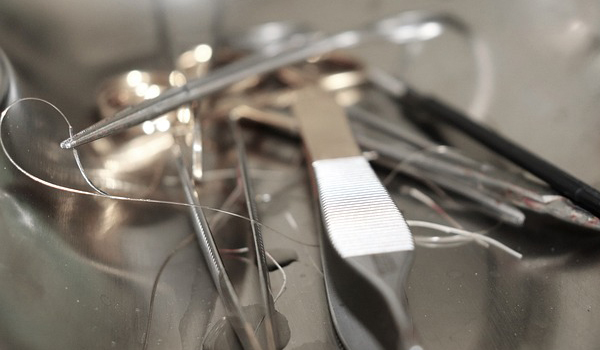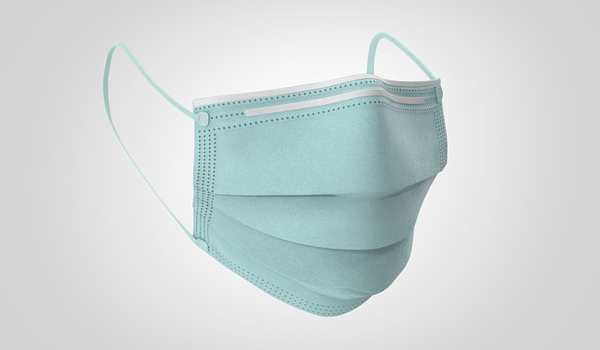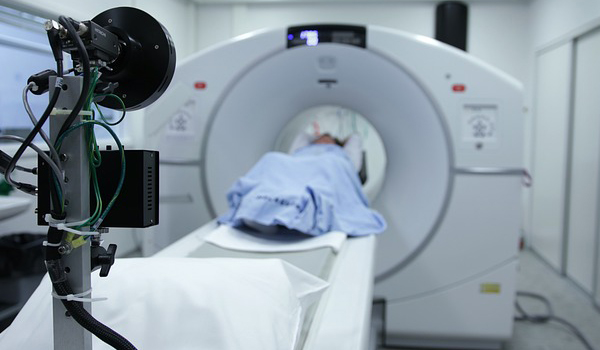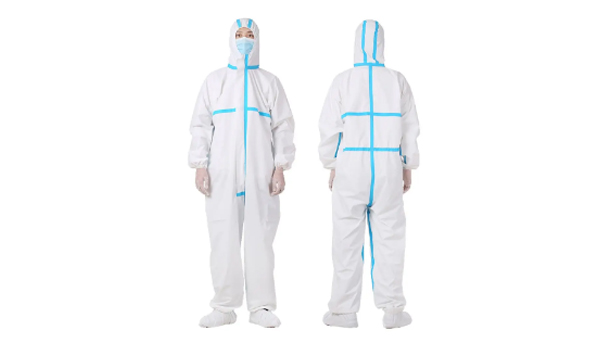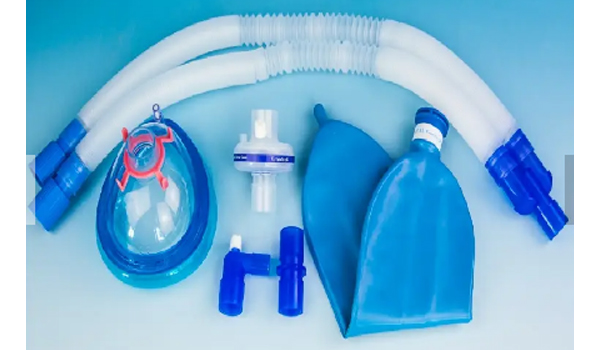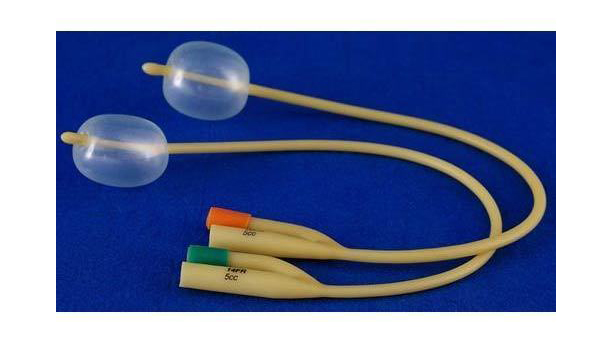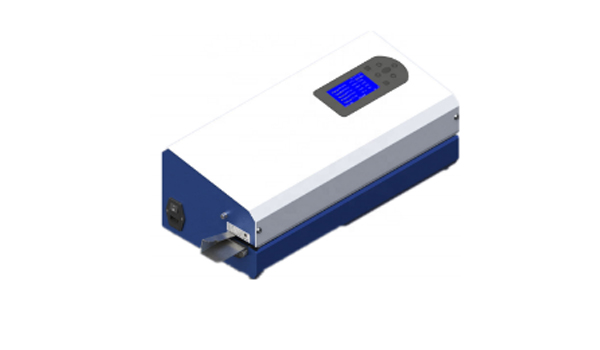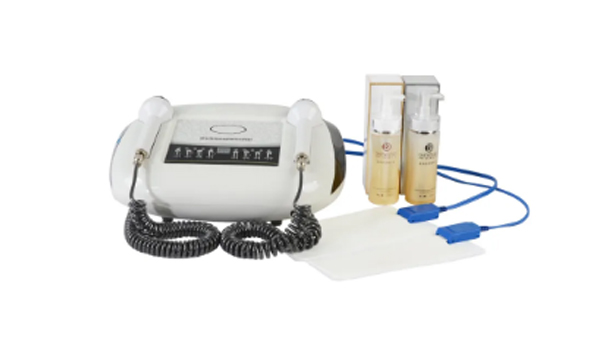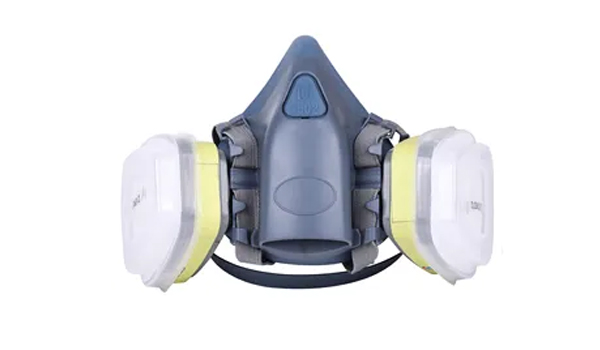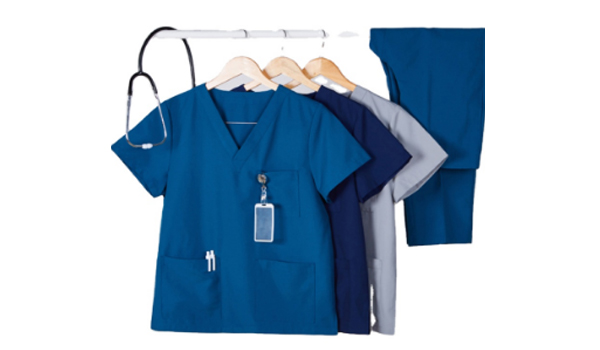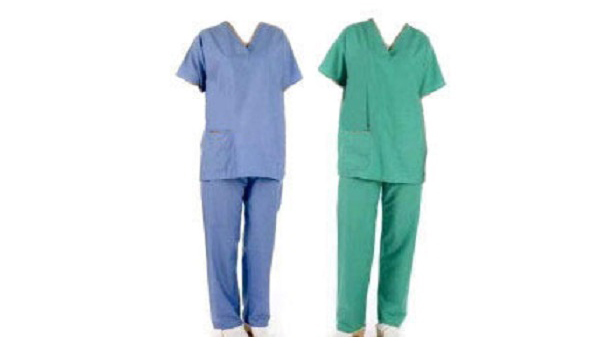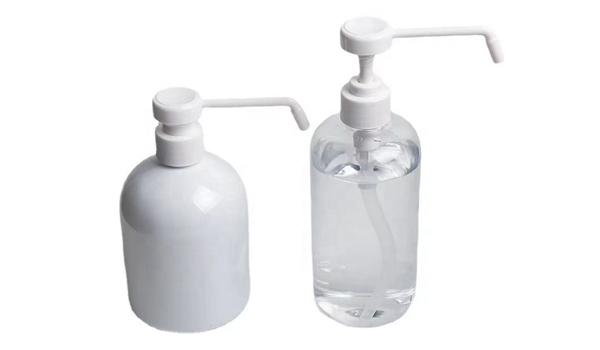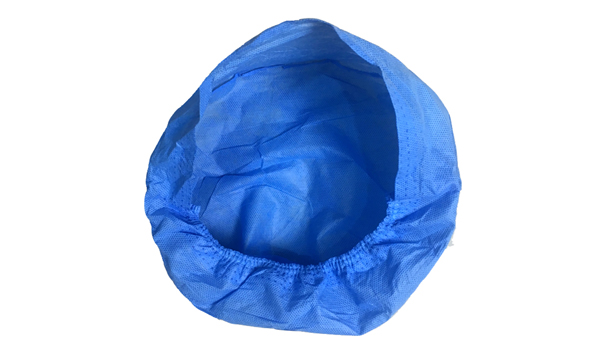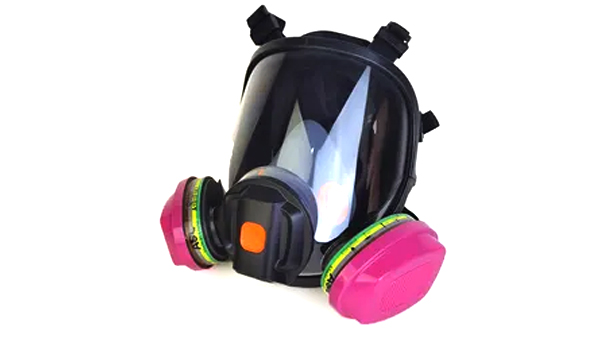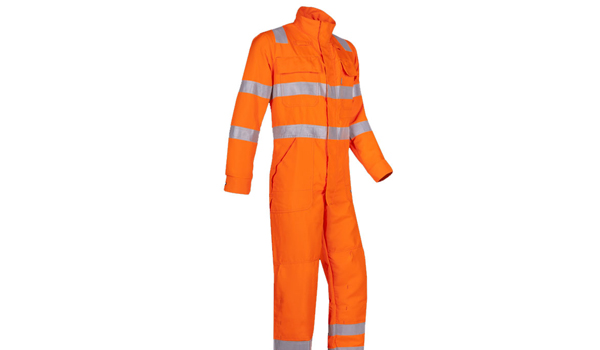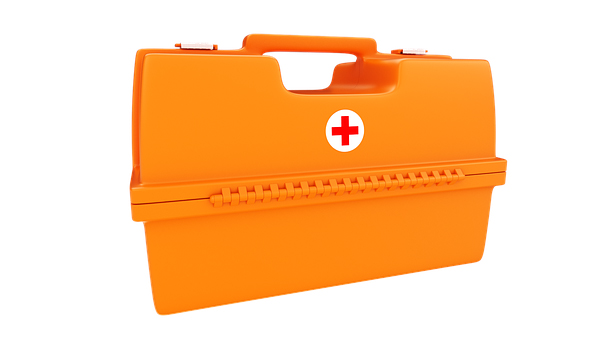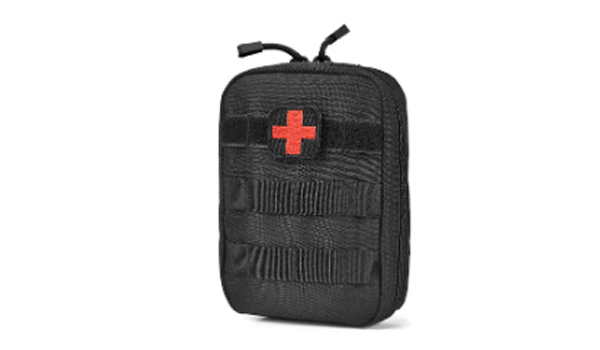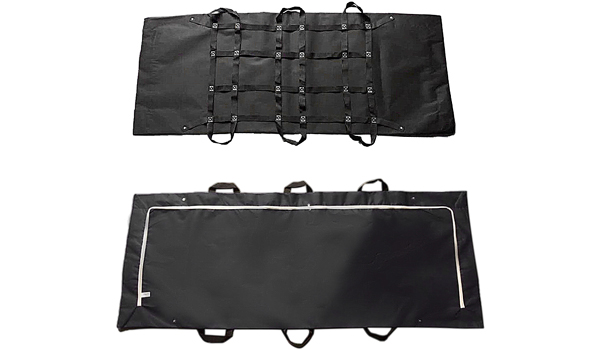Find best Hospital & Diagnostics Suppliers for all your bulk order needs
We connect buyers to top Hospital & Diagnostics Suppliers, helping both find the right match for their needs.
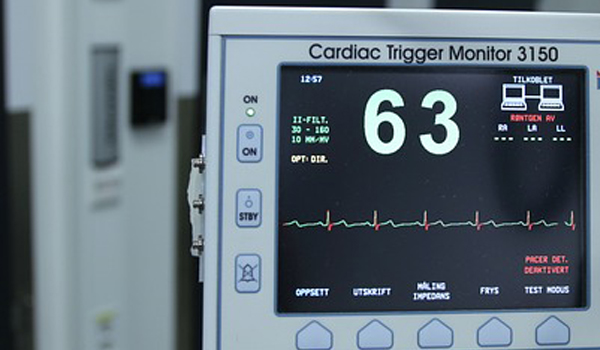
Browse Hospital & Diagnostics products at wholesale price from the best Hospital & Diagnostics suppliers
Looking for a supplier of Hospital & Diagnostics at wholesale prices? Look no further! Post your requirements and get best deals on Hospital & Diagnostics for your business from multiple Hospital & Diagnostics suppliers.
Premium Disposable Face Masks - Safe Mask
Price : Rs 3.5 / Piece
Bishnujyoti Path, Hatigaon, Guwahati, Assam, 781038, India
Attendant Bed
Price : Rs 10000 / Piece
ACME ENTERPRISES (A UNIT OF AEMPL)
new delhi, Delhi, Delhi, 110061, India
AUTOCLAVE
Price : $ 2200 / Piece
Labtare LLC 82 Wendell Avenue, STE 100, Pittsfield, MA, 01201 USA., Pittsfield, MA, 01201, United States
Oxygen Concentrator Baby Scale
Shop No. 16, 1st Floor, Hatti Maa Road Town Hall Gorakhpur, Lucknow, Uttar Pradesh, 273001, India
Cautery Machine 250what
Shop No. 16, 1st Floor, Hatti Maa Road Town Hall Gorakhpur, Lucknow, Uttar Pradesh, 273001, India
X Ray System
Shop No. 16, 1st Floor, Hatti Maa Road Town Hall Gorakhpur, Lucknow, Uttar Pradesh, 273001, India
Bloud Pressure Monitor
Shop No. 16, 1st Floor, Hatti Maa Road Town Hall Gorakhpur, Lucknow, Uttar Pradesh, 273001, India
Suction Machine
Shop No. 16, 1st Floor, Hatti Maa Road Town Hall Gorakhpur, Lucknow, Uttar Pradesh, 273001, India
Fetal Doppler
Shop No. 16, 1st Floor, Hatti Maa Road Town Hall Gorakhpur, Lucknow, Uttar Pradesh, 273001, India
X-ray Machine
Shop No. 16, 1st Floor, Hatti Maa Road Town Hall Gorakhpur, Lucknow, Uttar Pradesh, 273001, India
Nebulizer
Shop No. 16, 1st Floor, Hatti Maa Road Town Hall Gorakhpur, Lucknow, Uttar Pradesh, 273001, India
Bp Machine
Shop No. 16, 1st Floor, Hatti Maa Road Town Hall Gorakhpur, Lucknow, Uttar Pradesh, 273001, India
Shot Web Dicormic
Shop No. 16, 1st Floor, Hatti Maa Road Town Hall Gorakhpur, Lucknow, Uttar Pradesh, 273001, India
Electric Autoclave
Shop No. 16, 1st Floor, Hatti Maa Road Town Hall Gorakhpur, Lucknow, Uttar Pradesh, 273001, India
LED OT Light
Shop No. 16, 1st Floor, Hatti Maa Road Town Hall Gorakhpur, Lucknow, Uttar Pradesh, 273001, India
Disposable Personal Protective Equipment Ppe
KING LABORATORIES PRIVATE LIMITED
SPO.H.NO. 2344 GROUND FLOOR GALI MEER MADHARI, FARA KHANA, Delhi. , Delhi, Delhi, 110006, India
Disposable Shoe Cover - Bulk Quantity
KING LABORATORIES PRIVATE LIMITED
SPO.H.NO. 2344 GROUND FLOOR GALI MEER MADHARI, FARA KHANA, Delhi. , Delhi, Delhi, 110006, India
Surgical Cap For Hospital
I -34/6 okhla, NEW DELHI, INDIA, New Delhi, Delhi, 110025, India
Snood Cap For Hospital
I -34/6 okhla, NEW DELHI, INDIA, New Delhi, Delhi, 110025, India
Non-Woven Dead Body Bag
I -34/6 okhla, NEW DELHI, INDIA, New Delhi, Delhi, 110025, India
Non-Woven Hospital Bed Sheet Pillow Cover
I -34/6 okhla, NEW DELHI, INDIA, New Delhi, Delhi, 110025, India
Hospital & Diagnostics
Explore Hospital & Diagnostics related category & post requirement to connect with Hospital & Diagnostics related suppliers for your bulk order needs and get the best deal on high-quality Hospital & Diagnostics related products at wholesale price.
Hospital & Diagnostics
Hospital & Medical Equipment are medical devices that ensure better healthcare service in hospitals, clinics, diagnostics, and community centers. Hospital equipment is used for effective operations by nurses, doctors, and paramedics to perform their work correctly and save lives. This equipment benefits patients by helping healthcare providers diagnose and treat patients and help patients overcome sickness or disease, thereby improving their quality of life. Medical equipment must be safe and effective. Therefore, these should come with reasonable assurance before regulating governments allowing device marketing in their country. Proper testing should be required to establish the safety and efficacy of this equipment. Medical equipment is used to diagnose, monitor, or treat medical conditions.
Classification of Hospitals and Medical Facilities
The healthcare industry has many different types of hospitals and medical facilities. Hospitals can be differentiated based on various factors, including functionality, size, location, ownership, and specialization.
Functionality
Functionality refers to how hospitals function within the communities they serve, which means whether the hospitals are general-purpose, acute care facilities, long-term hospitals, teaching hospitals, community hospitals, research hospitals, or if they provide trauma care for patients.
Size
There are three primary classifications based on size:
- Small hospitals containing fewer than 100 beds.
- Medium hospitals containing 100 to 499 beds.
- Large hospitals containing 500 or more beds.
Although there can be some variation within these groups of hospitals and medical centers, these sizes are typically classified by the number of beds they have.
Location
Hospitals can also be classified by their locations. Rural hospitals often have limited access to advanced equipment or specialized procedures and techniques but aid smaller communities. Urban hospitals usually serve larger metropolitan areas and offer a wide degree of versatility regarding treatment options and patient experience.
Ownership
Ownership also plays an important role in the operation of a hospital. Some hospitals are part of larger networks and offer a streamlined approach to management. Some physicians feel it removes the emphasis from the patient and makes treatment less personal, while others think this improves efficiency and patient experience. Private hospitals provide access to the latest technologies and equipment. These may under-serve community members who need healthcare the most. Government-supported facilities operate through grants and other public funds. Although they have more significant restrictions, they also reach out to community members who may not otherwise receive healthcare and medical treatment.
Specializations
Physicians who enter the medical field with plans to treat people with a specific condition are attracted by specialized hospitals. Most physicians choose specializations due to personal reasons, an area of intense interest, or a desire to provide a comfortable life for themselves and their families.
Types of Hospitals
Different types of hospitals include:
Academic Medical Centers
Academic Medical Centers generally serve specific medical schools or universities. These facilities offer various services to treat the general healthcare needs of their communities and specialized services while simultaneously offering educational opportunities to students in the healthcare field.
Acute Hospitals
Acute hospitals treat and care for people with short-term needs like illnesses, diseases, injuries, surgeries, surgery recoveries, obstetric care, and postnatal care. They do not have the equipment to handle chronic or long-term care for patients. People treated in acute care hospitals usually stay for ten days or fewer.
Ambulatory Surgery Centers
Ambulatory Surgery Centers offer surgical procedures without requiring patients to be admitted to hospitals for the operation or recovery as they focus on same-day surgical care. These are cost-effective options for patients and offer a less stressful surgical environment than many hospitals.
Children's Hospitals
Children's hospitals specialize in the care and treatment of children and the conditions that affect younger patients. The staff generally get additional training to help treat children for various acute and long-term medical needs in this specialty hospital. Children's hospitals are popular for the psychosocial support they offer to the children in their care and their families, especially for children who require extended stays in the hospital and provide medical treatment to children.
Clinics
Clinics are typically much smaller than hospitals and operate only on an outpatient basis. They aren't equipped to keep patients overnight for treatment, diagnosis, observation, or recovery. The government runs these clinics or may operate as private entities and partnerships among surgeons or private physicians.
Community Hospitals
Community hospitals are non-teaching hospitals that serve local communities without federal funding. They can be found in rural and urban settings and provide vital services to their local populations.
District Hospitals
District hospitals serve as healthcare centers for their geographic regions. They provide more extensive intensive care facilities, long-term care programs, and necessary treatments in fields like obstetrics, general surgery, plastic surgery, and more.
Federal Hospitals
Federal hospitals, also referred to as government hospitals, receive funding from the federal government. These hospitals typically handle the healthcare and medical needs of select populations.
For-Profit Hospitals
For-profit hospitals are investor-owned facilities where the profits go to shareholders who have invested in the facilities rather than back into the hospital for improvements, new services, and medical advancements.
Free Hospitals
Free hospitals do not charge patients for the services they provide. Generally, they are located in areas that reach out to patients of poor socio-economic classes. They often struggle to provide the amenities and level of services many physicians strive to offer, as, in most cases, they operate at a loss.
General Services Hospitals
General service hospitals provide general and necessary services for the community, such as surgery, OB/GYN, pediatric, and general medical care. They may not be equipped to provide long-term care to patients but offer little specialty services. Today, most hospitals are general service hospitals.
Government-Funded Hospitals
Government-funded hospitals generally receive grants or public funding from state or federal governments. Veterans' hospitals are the most famous of government-funded hospitals.
Hospitals in a Network
Hospitals in a network have multiple locations that operate in connection with one another to deliver services to a single community or various communities. The benefits of becoming affiliated with a hospital network include the following:
- Improving efficiency.
- Eliminating redundancy in services.
- Ensuring the quality of care to all patients, whether in rural communities or larger cities.
Hospitals in a System
Hospital systems are mostly like hospital networks. Although patients may have to travel to a different facility to meet their needs, larger systems offer specialty and general services. This can reduce hospital costs while giving patients confidence that they will receive a certain standard of care from any hospital within that system.
Independent Hospitals
Independent hospitals are rare as healthcare costs rise, and many hospitals look for the financial benefits that network affiliation provides. However, some independent hospitals throughout the country still meet the medical and healthcare needs of their communities and are finding great success.
Large Hospitals
Large hospitals can serve the community's broader needs as they typically have 500 or more beds. Some larger hospitals provide a combination of acute and long-term care services while offering research opportunities and accommodating a variety of specializations.
Long-Term Hospitals
Long-term hospitals provide long-term care for patients suffering from chronic illnesses, requiring psychiatric care, cardiac rehabilitation, or who are going through extensive rehabilitation after accidents or injuries. Hospitals that offer burn centers, cancer centers, and similar types of care facilities are included in this type of hospital.
Rehabilitation Hospitals
Rehabilitation hospitals and treatment centers focus on patient rehabilitation for various illnesses and injuries. Some facilities offer both inpatient and outpatient rehabilitation services, while others focus exclusively on inpatient services and intensive therapy regimens.
Research Hospitals
Research hospitals focus on researching cures for specific conditions and treating illnesses, diseases, injuries, and various healthcare conditions.
Rural Hospitals
Rural hospitals usually have 100 or fewer beds and operate on small budgets outside large urban areas. Generally, they only provide primary care and transport patients needing more critical care to larger hospitals in their regions.
Trust Hospitals
Trust hospitals are either charitable or semi-charitable, with many charges funded through trusts. Some trust hospitals provide subsidized services and are called 'no profit, no loss' hospitals.
Super Specialty Hospitals
Super specialty hospitals offer highly specialized treatments, and staff members have received extensive education and training in isolated conditions. They are generally equipped with cutting-edge equipment to deliver highly sophisticated diagnostic and treatment options to the patients who visit them. Specialized hospitals or units within hospitals typically have access to treatment options, such as organ transplants, specialty medical devices, and medications that require precise handling and training.
Types of Medical Equipment Used in Hospitals
The basic types of medical equipment include:
Diagnostic Equipment
These include medical imaging machines used to aid in diagnosis. Such equipment provides ultrasound and MRI machines, PET and CT scanners, and x-ray machines.
Treatment Equipment
These include infusion pumps, medical lasers, and LASIK surgical machines.
Life Support Equipment
This is used to maintain a patient's bodily function. This includes medical ventilators, anesthetic machines, heart-lung machines, incubators, ECMO, and dialysis machines.
Medical Monitors
These allow medical staff to measure a patient's medical state. Monitors can measure a patient's vital signs and other parameters such as ECG, EEG, and blood pressure.
Medical Laboratory Equipment
This automates or helps analyze blood, urine, genes, and dissolved gases in the blood.
Diagnostic Medical Equipment
This may also be used in the home for specific purposes, e.g., to control diabetes mellitus.
Therapeutic
This includes physical therapy machines like continuous passive range of motion (CPM).
The basic medical equipment that all hospitals would require include:
- Hospital Stretchers
- Defibrillators
- Anesthesia Machines
- Patient Monitors
- Sterilizers
- EKG/ECG Machines
- Surgical Tables
- Blanket and Fluid Warmers
The primary medical tools that all hospitals would require are:
- Sphygmomanometer: To measure the patient's blood pressure.
- Stethoscope: Used to hear sounds from bodily movements like breath sounds, heartbeats, intestinal movement, etc.
- Suction Device: To suck up blood or secretions.
- Thermometer: To record body temperature.
Medical equipment ranges from simple, low-risk devices such as tongue depressors, medical thermometers, disposable gloves, and bedpans to complex, high-risk devices implanted and sustaining life. Three classes of medical devices include:
- Low-risk devices: Including bandages, handheld surgical instruments, and nonelectric wheelchairs.
- Intermediate-risk devices: Including powered wheelchairs and some pregnancy test kits.
- High-risk devices: Essential to health or sustaining life, including implantable pacemakers and breast implants.
The most common surgical instruments are scalpels, forceps, scissors, retractors, and clamps. However, specific surgical procedures require a more specialized set of instruments. For example, files, drills, bone saws, and mallets are commonly utilized in orthopedic surgery.
Surgical scissors are used for cutting in surgeries. They include bandage scissors, iris scissors, operating scissors, stitch scissors, dissecting scissors, tenotomy scissors, Metzenbaum scissors, plastic surgery scissors, and Mayo scissors.
Medical equipment that must be replaced every three to five years includes CT scanners, MRI machines, and anesthesia machines.
